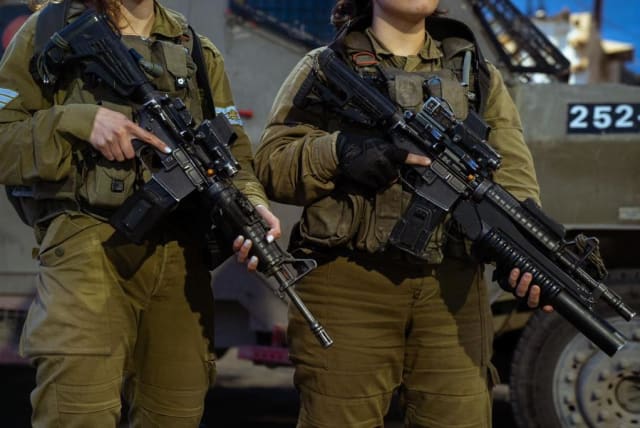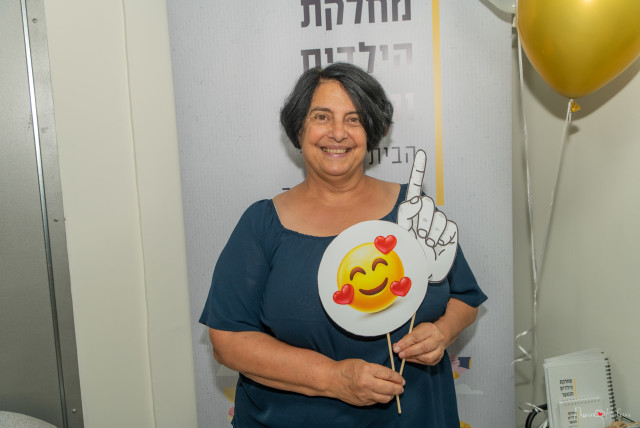Support for female combat soldiers dependent on sector, study finds

Support for women combat soldiers is roughly the same between men and women.
Most Jewish Israelis, both men and women, endorse the integration of female soldiers into the combat ranks of the IDF, but the level of support depends on religious identification, found a new study, carried out by the Smith Institute and commissioned by Yesh Atid MK Mati Tzarfati Harkabi.
The survey asked respondents— split 50/50 between men and women— whether they support women serving as combat soldiers in the IDF. Large majorities of secular (91%), traditional (86%), and national-religious (67%) Israelis support the phenomenon, but about half (49%) of haredi respondents said that they were opposed to it, a 17-point gap from those in support.
Support for female combat soldiers is roughly the same between men and women.
Asked whether the IDF should make sex irrelevant to recruitment while all of the criteria for acceptance to each given unit currently in place remained the same, 68% of the respondents said they did. Among secular and traditional Israelis, a strong majority (78% and 72%, respectively) endorsed the move, while the national religious and haredi communities showed a very slight (51% and 55%) majority against.
The study comes after women soldiers played a major role in the fighting on October 7, when Hamas terrorists invaded Israel’s south. Of the 600 individuals surveyed, 45% were secular, 34% were traditional, 11% were haredi, and 10% were Orthodox.

Women are more likely than men to say female representation in the cabinet is important
The survey also asked about civilian roles: 72% of the respondents believe there is a need for women in the war cabinet, with an increase in preference for female candidates in local elections alongside a decrease in preference for male candidates following the massacre on October 7. On this question, women were significantly more likely than men to say it was important that the cabinet have female representation.
Asked whether they would prefer a male or a female candidate for the head of a local authority, assuming they have the same experience and qualifications, 62% of respondents said that it does not matter to them, while the percentage of those who prefer a woman is significantly higher (24%) than those who prefer a man (10%). Only among haredi respondents did a plurality say they would prefer the man over the woman.
